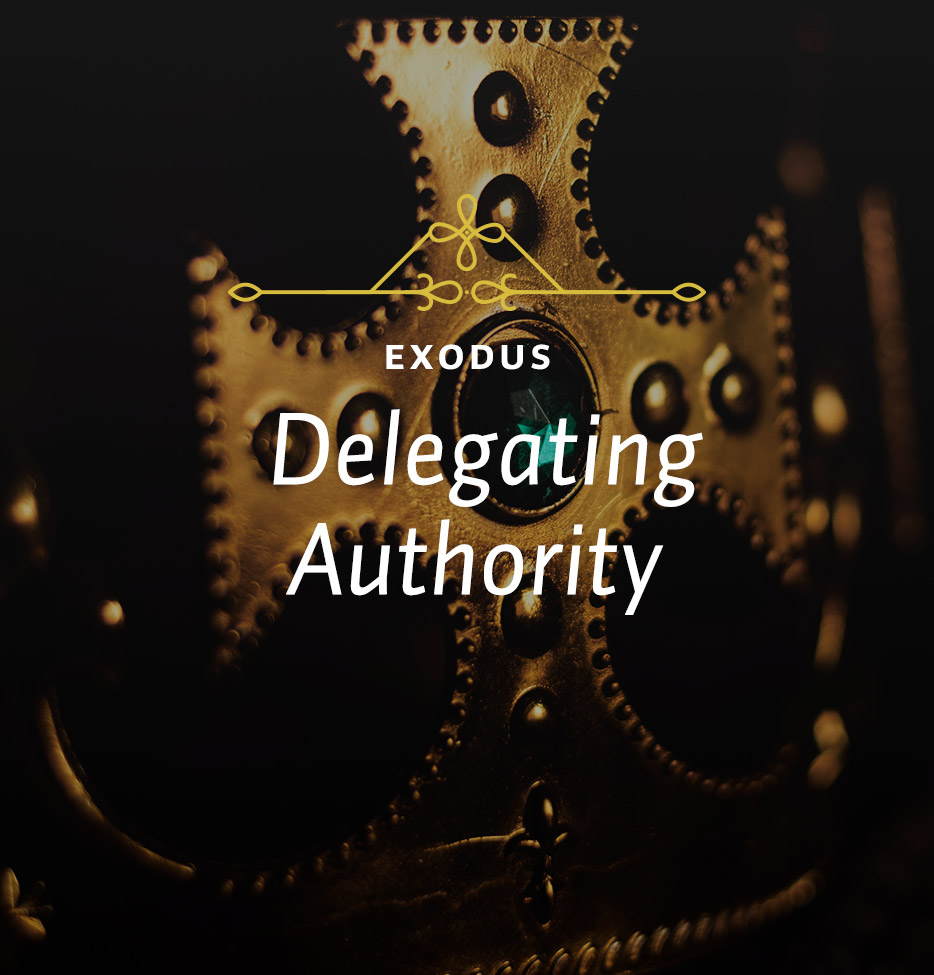I am always intrigued by titles, I suppose because I have to produce so many of them for sermons and books. And when I find a good title, I always remember it. There was a movie that had the title “The Loneliness of the Long Distance Runner.” As we come to this study of Exodus 18, we ought to be speaking of the loneliness of the long distance leader, especially the Christian leader, for whom leadership is a commitment for the long haul.
Leadership involves loneliness. The leader walks alone. The task of a leader is to set the vision, plan and motivate. By the very nature of the task, the leader is doing that more or less by himself. Sometimes it’s done with a team, of course, but not with the support or understanding of the masses of the people. Once you set a vision, it has to be communicated, and initially it’s not always shared. The plan, too, is so often misunderstood. And motivations are resisted. Yet the leader has to carry on.
Moses must have been a very lonely man. He had been surrounded with all sorts of friends and peers, and his days were filled with activities when he was in Egypt. Egypt was a very lively place, and of course he was high up in the government, and all of the pleasures and entertainments and associations of the high level of government in Egypt were his. But then he had to leave, and he spent forty years on the far side of the desert of Midian virtually alone. He was a shepherd. He cared for the sheep, and we know from the incident of the burning bush that he did that all by himself. So he had many long hours, and even years, by himself out there in the desert.
In time, he got married and that helped. But at the time of the exodus, he didn’t even have his family with him. We would have thought that Moses had gone back to Egypt with his wife, Zipporah, and his two children. But we learned from our passage this week that they didn’t accompany him; he actually sent them back to Jethro. Thus, during the year and a half or so that it took to complete his journey to Egypt, meet with Pharaoh, and lead the people out, he didn’t even have the comfort and the consolation of his family.
In addition, now he has charge of two million people. He’s surrounded by people, but you can be lonely in a crowd, and Moses was certainly lonely here. Nobody understood him, nobody appreciated what he was doing, and the people rebelled again and again. And yet he had to carry on. He did it, and he did it for a very long time.
God understands the things that His servants go through. In Exodus 18, God provided for him in two ways. First of all, he got his family back. His father-in-law Jethro brought Zipporah and their two children. Second, through the counsel of Jethro an administrative program was set up by which the task of rendering judgments was divided up among many other people. Leadership was now dispersed into the hands of many, rather than too much responsibility falling on Moses.
We have already encountered Jethro before. The first time was back in Exodus 2, when Moses had to flee Egypt. You recall that when he crossed the desert he stopped by a well, where the daughters of Jethro came to draw water. But they were having difficulty because shepherds were driving the women away. Moses intervened to protect the women, and, as a result, he was invited to come to the tent of Jethro. They became friends and eventually Moses married Jethro’s daughter.
The second time we see Jethro adds a little bit more. At the end of the fourth chapter, after Moses has been with God on the mountain, he went back to Jethro’s tent—presumably to return Jethro’s sheep—but also to ask his permission to go to Egypt. That is surprising, because, after all, if God tells you to do something, you would think you hardly have to stop and ask for a mere human being to give you permission. And yet, Moses is exercising a proper deference to this man who really was his elder in all their dealings together. Jethro emerges at that point as a very significant man.






